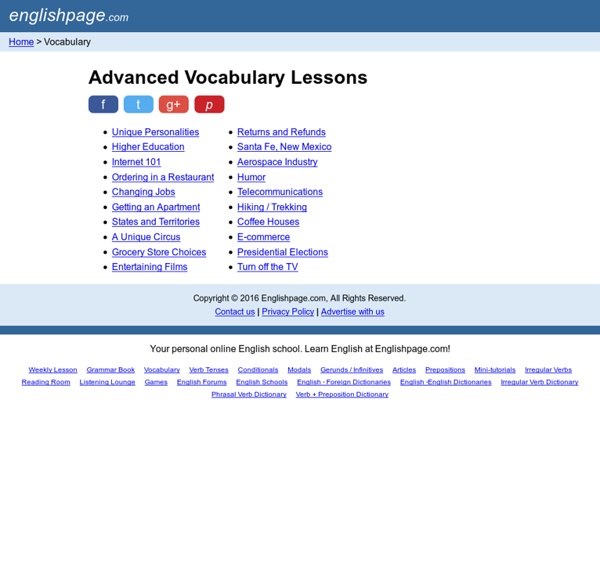



Convert to Cartoon - Convert photo to Cartoon - Cartoonize Me - Cartoonize How to Use Commonly Misused Words Steps Method 1 of 17: "Affect" and "Effect" 1Use “effect” as instructed."Effect" is a noun referring to something that happens as a result of something else. 2Use “affect” as instructed.The verb "affect" means to change something in some way. Method 2 of 17: "Anxious" and "Eager" 1Use "anxious” as instructed.When followed by a gerund (the "–ing" verb form), anxiousness refers to anxiety, not pleasant feelings such as enthusiasm or excitement. 2Use “eager” as instructed.Eagerness conveys enthusiasm and is followed with an infinitive.Ex. Method 3 of 17: "Convince" and "Persuade" 1Use “convince” as instructed.Convince a person of the truth or validity of an idea.Follow “convince” with "that" or "of." 2Use “persuade” as instructed.Persuade a person to take action.Follow "persuade" with an infinitive (“to” and the verb).Ex. Method 4 of 17: "Could of" and "Could have" 1Use “could” with “have.” Method 5 of 17: "Decimate" and "Devastate" 2Use "devastate” as instructed.Devastate means "lay waste to."
16 Websites to Teach and Learn Vocabulary There are now several web tools that are really great in teaching vocabulary and that you can use with your students in the classroom. We have curated a list a list of some of the best web tools to teach vocabulary. Check them down below. 1- Vocabulary.com This is a website that will hep students master the vocabulary essential to their academic success. 2- BBC Learning English In this section, learns will have access to a plethora of vocabulary act ivies and tasks great for classroom inclusion. 3- Confusing Words Confusing Words is a collection of 3210 words that are troublesome to readers and writers. 4- Just The Word Just The Word is a cool website that helps students make informed decisions as to the right word selection to use in their writing 5-Lexipedia Lexipedia is an online visual semantic network with dictionary and thesaurus reference functionality 6- Wordnik Wordnik shows definitions from multiple sources, so you can see as many different takes on a word's meaning as possible.
Useful Expressions in English | Commonly Used English Expressions Check out IH Bristol’s extensive list of over 1000 of the most useful expressions in English, available for free for Beginner/Elementary students to Advanced speakers. Learning English is one of the best ways to improve your life and the prospects of getting a good job. English is used all over the world as the language of education and business and it is becoming normal to expect everybody to be able to speak it. IH Bristol has more than 30 years’ experience of teaching English as a foreign language, of helping students to pass Cambridge Exams, to achieve the right score in IELTS or OET or just to learn to communicate more effectively in the language. However, not everybody can come to Bristol to learn in person. How to use the Useful Expressions 1. We’ve covered a wide range of everyday situations, and for each one there are 10 common phrases with explanations of how or when you would use each one. The more you use them, the more you will improve!
Games at Miniclip How to Use "Who" and "Whom" Correctly Edit Article Sample UsageUsing Who and Whom Correctly Edited by Rob S, Michael Shores, Flickety, LANP and 46 others The correct use of who and whom in questions may seem like a lost battle, still joined only by punctilious English teachers, but the correct usage remains important in formal writing. Even careful speakers have not yet surrendered the distinction either! After reading this article, you will feel more comfortable using the distinction of "who" and "whom" correctly. Ad Steps Using Who and Whom Correctly 1Understand the difference between who and whom. Tips It is possible to write around problems involving who and whom, but the result is almost always clumsy. Warnings There is much confusion and misuse on this topic.
Collocations Exercise Emotional Synonyms, Emotional Antonyms Thucydides, of course, had a sensitive and emotional temperament. New Yorkers aren't like our whole-souled, emotional Western folks. Her motherhood might be the mere figment of that kind colored girl's emotional fancy. His emotional nature had never, as yet, been deeply stirred. This uncontrolled, emotional trend of thought comes in cycles and is unerringly followed by bitter disillusionment. We are careless of form and type, yet we crave the emotional stimulus. There was a tenseness about her manner, a restraint in her tone, which seemed to speak of some emotional crisis. "You are neither an inquisitive nor an emotional person," Wrayson said. The emotional dreams of his Lowland Beauty are recorded no more. Lady O'Moy was in an emotional maelstrom that swept her towards a cataract.